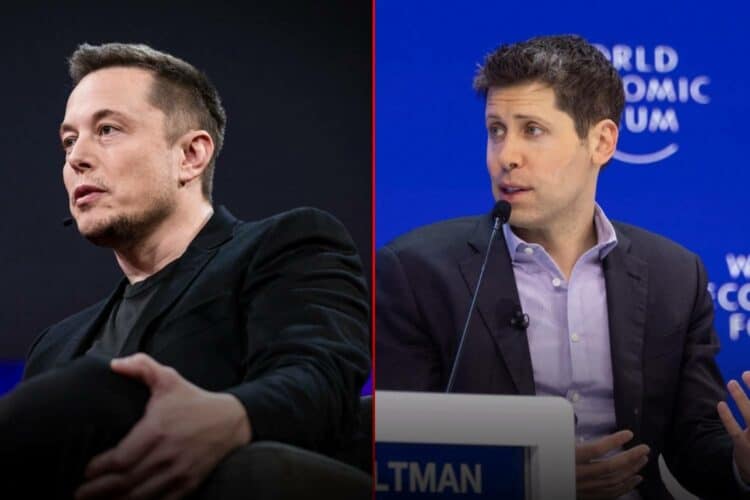Elon Musk‘s legal battle with Sam Altman and OpenAI takes centre stage in an explosive lawsuit that’s rattling the tech world.
Why is Elon Musk suing Sam Altman and OpenAI?
At the heart of Musk’s lawsuit is the allegation that OpenAI, under the leadership of Sam Altman, has veered off its founding path.
Initially conceived as a beacon of altruism in the tech landscape, OpenAI was supposed to champion the development of artificial general intelligence (AGI) as a non-profit entity, focusing on the betterment of humanity.
Musk, according to reports, contends in the explosive lawsuit that OpenAI’s transformation into a “closed-source, de facto subsidiary of Microsoft” is a betrayal of these principles.
The switch to secrecy and commercial pursuits, especially with the development of GPT-4, signifies a prominent departure from the open-source and humanitarian ethos that Musk, Altman, and Greg Brockman (OpenAI’s president) agreed upon.
Moreover, Musk argues that this pivot not only breaches their founding agreement but also poses a risk to humanity by potentially allowing AGI to escape human oversight.
OpenAI is facing these other lawsuits
The controversy surrounding OpenAI extends beyond Musk’s lawsuit. Several news organisations, including The Intercept, Raw Story, and AlterNet, have also launched legal actions against OpenAI.
These lawsuits, filed in New York federal court, accuse the company of copyright infringement, alleging that OpenAI’s ChatGPT chatbot was trained on thousands of copyrighted articles without permission.
The chatbot’s ability to replicate this content “verbatim or nearly verbatim” has sparked concerns over copyright violations, particularly under the Digital Millennium Copyright Act.
The conclusion of these legal battles could have profound implications for the development and governance of artificial intelligence.






